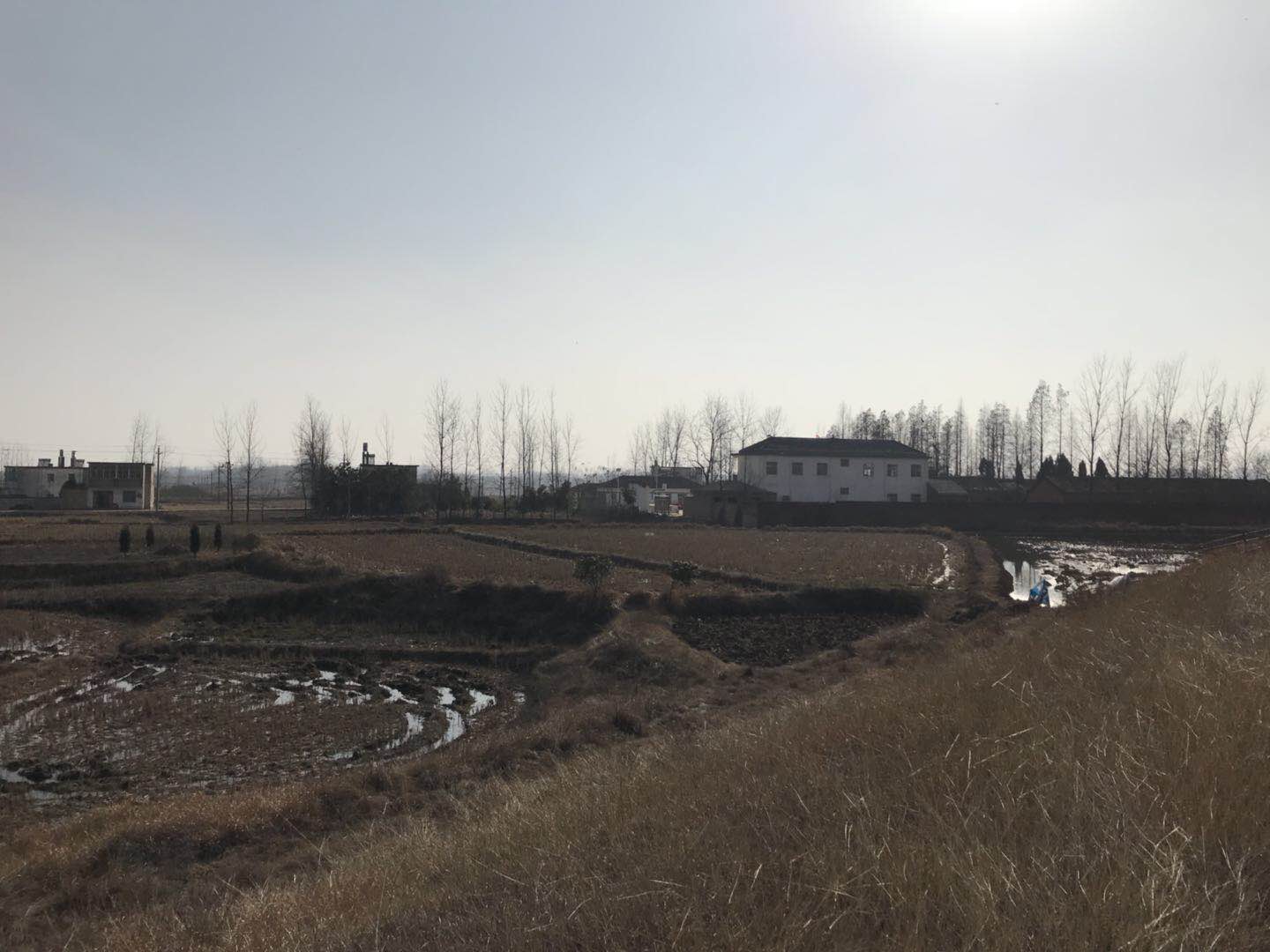Love in Rural China: The Auntie of Sanpi

When her husband revealed he kept mistresses, Lei Jieping tried to kill herself. She has since found purpose through taking care of the village’s children.
Editor’s Note: In 2018, our correspondent some time with a family in Sanpi 伞陂, a town in Huangchuan County, Henan, about 230 kilometers from Wuhan. She returned this year to spend Spring Festival with her host family in hopes of answering a question: What is love in rural China?
This five-part series describes love and the way it manifests itself in five kinds of relationships, between:
Note: the names of the people in these stories have been changed.
Today’s story is about Lei Jieping 雷杰平, a 43-year-old caretaker.

I knock on the door, and from inside, her deep, weathered voice calls out: “Who is it?” Her feet shuffle toward me.
The door swings open and a huge smile spreads across her face. Her frail body is hidden behind three layers of long johns, a pair of pants stuffed with cotton, and a hot-pink, plaid apron that goes down to her knees.
“Sit, sit,” she says. “Have some water.”
She puts a paper cup in front of me and pours steaming hot water from a kettle. The cup folds inward from the heat.
“I just got this message on my phone,” she says. “Can you help me read it?” She takes her phone from her pocket and puts it next to my cup.
The message, in Chinese, is from her service provider wishing her a happy new year. I explain that to her, adding, “It’s nothing.”
“Oh.” she says. “Hungry?”
When I answer in the affirmative, the huge smile returns to her face.
Lei Jieping 雷杰平 is 43 years old. Her parents arranged for her to marry a man in their village when she was young, and together they have one son, 22, and a daughter, 12. She cannot read or write.
Jieping spent the majority of her adult life as a factory worker on the outskirts of Beijing, but a few years ago, she returned home to start a small business: cooking and caring for students in her county who cannot live with their parents during the school year. And though she doesn’t make much money doing it, she makes enough to stay at home and raise her daughter alongside the eight other students she cares for. (One of those students used to be Fu Bingyu 福冰玉, whose story is here.) They call her āyí 阿姨 — auntie.
“Let’s eat,” she shouts, and the students living with her file into the dining room and take their seats precisely, as if they had been assigned.
One by one, Jieping brings dishes to the table. Students fill their bowls quickly, in complete silence. Jieping clutches onto her small bowl of congee, finds a seat at the table, and begins to slowly slurp it between the occasional bite of spinach.
“Stomach still bothering you?” I ask.
“Yeah,” she says. “My stomach hurts.” And then, pointing at the other dishes on the table, like the stir-fried cucumber with ham, the chicken with potatoes, she says: “It’s not good for my stomach.”
Like many people in rural villages, Jieping and her husband, Yu Yaohong 鱼耀红, lived and worked apart most of their lives. During a reunion years ago, the couple got into an argument over something mundane. However, just to make sure he had the last word, Jieping’s husband informed her he had been sleeping with other women while he was away.
This is, sadly, common among rural Chinese men who live and work apart from their wives, and is often an open secret that is never discussed. Men who are away feel they have certain needs that must be satisfied, and because their marriages are typically arranged, they tend to have less regard for the feelings of their wives.
Jieping’s reaction to her husband’s revelation, unfortunately, is also disturbingly common: The following day, she swallowed a bottle of pills. (The Chinese are “two to five times more likely to kill themselves in rural areas than in cities,” according to a World Health Organization report, with the rate being higher among women than men.)
It’s those pills, Jieping believes, that caused permanent damage to her stomach, which is why today she can’t eat much more than congee and spinach.
The students leave one by one within minutes of sitting down. I eat slowly, to accompany Jieping while she continues to slurp her congee. Not long after, her husband comes through the door. He greets me but says nothing to his wife. He beelines it for his room. Slurping continues to be the only noise between us, until finally she says, “Want to come into town with me when we finish?
“For what?” I ask, after agreeing to go.
“I want to dye my hair!” The words fall out of her mouth and are immediately followed by a single, hearty laugh. I think she anticipates my surprise.
I’ve known Jieping to be a lot of things: rugged and quiet, a tireless worker, considerate of the kids; for all the pain she’s felt — and the pain I’m certain she still feels — she does everything she can to show love to those around her.
But I’ve never known Jieping to be spontaneous. In fact, I’ve never witnessed her take even a moment for herself.
I was always worried that maybe Jieping was disappointed she had kept living that day — that all along, she’d been living in the same darkness she felt when she swallowed those pills. I realize it’s a small thing, but that day she dyed her hair, it gave me hope, that she has hope.
Love in Rural China is a five-part series that will run every day this week. Previously:





